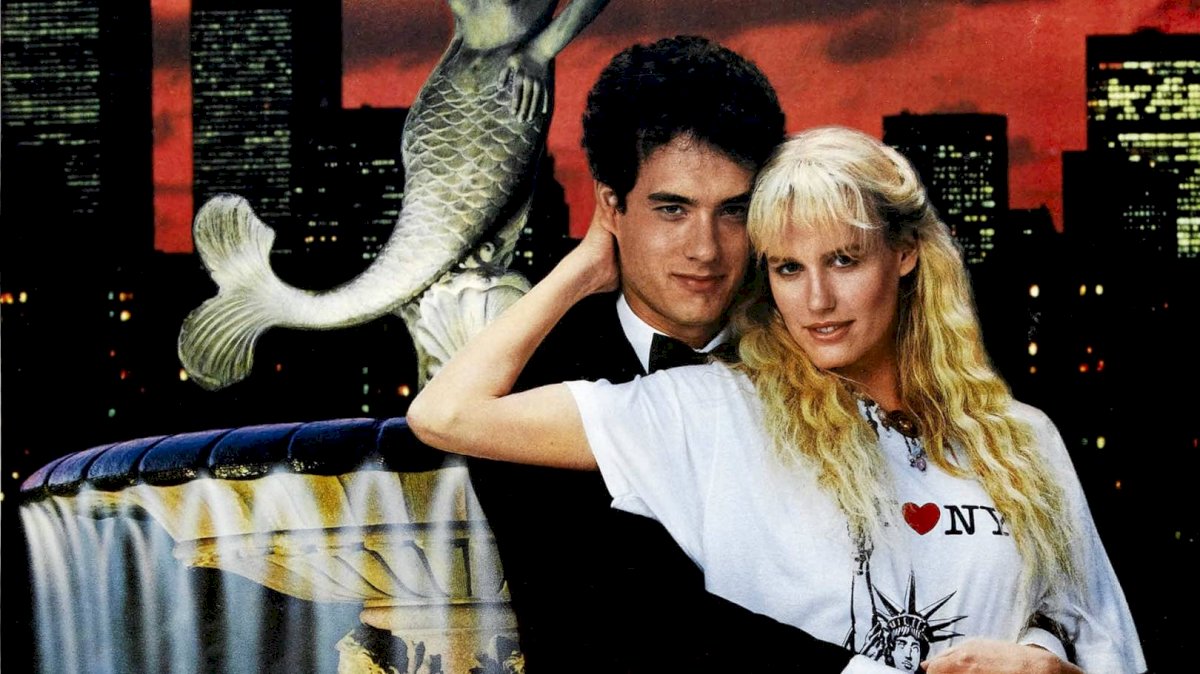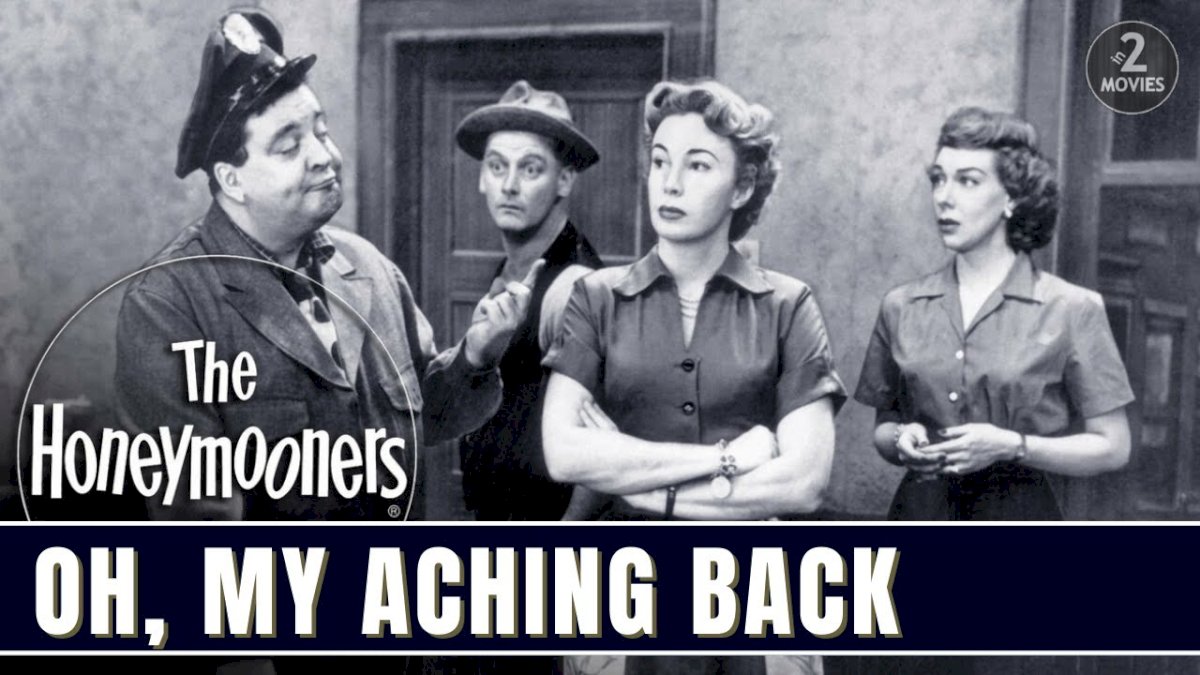"The Outlaw Josey Wales," released in 1976, stands as a cinematic gem within the Western genre. Directed by Clint Eastwood, who also stars in the titular role, the film weaves a rich tapestry of complex characters, moral ambiguity, and the harsh realities of post-Civil War America. This article explores the various facets of "The Outlaw Josey Wales," from its inception to its impact on the Western genre and its enduring legacy.

Background and Production

"The Outlaw Josey Wales" is based on the novel "Gone to Texas" by Asa Earl Carter, although Eastwood and screenwriter Philip Kaufman made substantial changes to the story. Eastwood's interest in the project stemmed from the character of Josey Wales, a Confederate soldier seeking revenge for the murder of his family by Union forces. The film reflects Eastwood's penchant for antiheroes and moral ambiguity, a departure from traditional Western narratives.
Production faced challenges, including creative differences that led to Kaufman's departure and the subsequent hiring of Sonia Chernus to complete the screenplay. Despite these hurdles, Eastwood's commitment to the project and his vision for the character of Josey Wales remained unwavering.
Plot Overview

Set in the aftermath of the Civil War, the film follows Josey Wales, a Missouri farmer turned Confederate guerrilla fighter. After witnessing the brutal murder of his wife and child by Union militants, Wales becomes an outlaw, seeking refuge in the untamed territories of the West. As he navigates the rugged landscapes, Wales grapples with themes of vengeance, redemption, and the complexities of loyalty.
The narrative unfolds as Wales reluctantly forms bonds with a diverse group of companions, including Chief Ten Bears (played by Will Sampson) and the spirited Laura Lee (portrayed by Sondra Locke). The journey becomes a quest not only for personal justice but also for a sense of belonging and purpose in a world forever changed by war.
Clint Eastwood as Josey Wales

Clint Eastwood's portrayal of Josey Wales is a masterclass in nuanced acting within the Western genre. Wales is not a stereotypical gunslinger; he is a complex and deeply human character, grappling with the traumas of war and personal loss. Eastwood brings a stoic yet vulnerable quality to the role, and his performance elevates "The Outlaw Josey Wales" beyond the conventions of traditional Westerns.
Wales embodies the archetype of the antihero, challenging the audience's expectations and moral certainties. His journey is one of self-discovery and redemption, a departure from the straightforward narratives often associated with the genre.
Themes of Redemption and Reconciliation

At its core, "The Outlaw Josey Wales" explores themes of redemption and reconciliation. The character of Josey Wales undergoes a profound transformation as he confronts the consequences of his actions and learns to trust others. The film challenges the notion of absolute good and evil, presenting a morally ambiguous world where characters must navigate shades of gray.
The relationships Wales forms with diverse characters, including Native Americans and former Union soldiers, serve as a metaphor for the possibility of reconciliation in a divided nation. The film's exploration of forgiveness and understanding resonates far beyond the confines of its Western setting.
Visual Aesthetics and Cinematography

"The Outlaw Josey Wales" showcases the visual mastery of cinematographer Bruce Surtees. The film's cinematography captures the sprawling landscapes of the American West, from dense forests to arid deserts. The use of natural light and wide shots enhances the film's epic feel, underscoring the vastness of the frontier and the isolation of its characters.
The action sequences, including intense shootouts and horseback chases, are skillfully choreographed, adding to the film's visceral impact. The juxtaposition of serene landscapes with moments of brutal violence creates a visual tension that underscores the harsh realities of the post-Civil War era.
Musical Score: A Collaborative Triumph
The musical score of "The Outlaw Josey Wales" is a collaborative triumph, with Jerry Fielding composing a haunting and evocative soundtrack that complements the film's emotional depth. The melancholic melodies capture the loneliness and introspection of the main character while heightening the emotional resonance of key scenes.
Fielding's score, coupled with the film's meticulous sound design, contributes to the immersive experience of "The Outlaw Josey Wales." The musical elements enhance the storytelling, creating an indelible atmosphere that lingers in the minds of viewers long after the credits roll.
Reception and Legacy

Upon its release, "The Outlaw Josey Wales" received positive reviews for its complex characters, unconventional narrative, and Eastwood's compelling performance. While not an immediate box office sensation, the film has since gained recognition as one of the standout entries in the Western genre.
The legacy of "The Outlaw Josey Wales" extends beyond its initial reception. It has inspired subsequent generations of filmmakers and audiences, influencing the portrayal of antiheroes in Westerns and prompting a reevaluation of the genre's conventions. The film's exploration of moral ambiguity and the aftermath of war paved the way for more nuanced depictions of the American frontier.
Conclusion

"The Outlaw Josey Wales" remains a testament to Clint Eastwood's directorial prowess and his ability to deconstruct genre conventions. Through its intricate storytelling, memorable characters, and stunning visuals, the film transcends the Western genre, offering a meditation on the complexities of human nature and the enduring quest for redemption.
As viewers ride alongside Josey Wales through the unforgiving landscapes of the post-Civil War West, they are invited to reflect on the enduring themes of justice, forgiveness, and the inexorable passage of time. In the pantheon of Western cinema, "The Outlaw Josey Wales" stands tall as an enduring classic, challenging preconceptions and inviting audiences to explore the vast and unpredictable terrain of the human soul.



